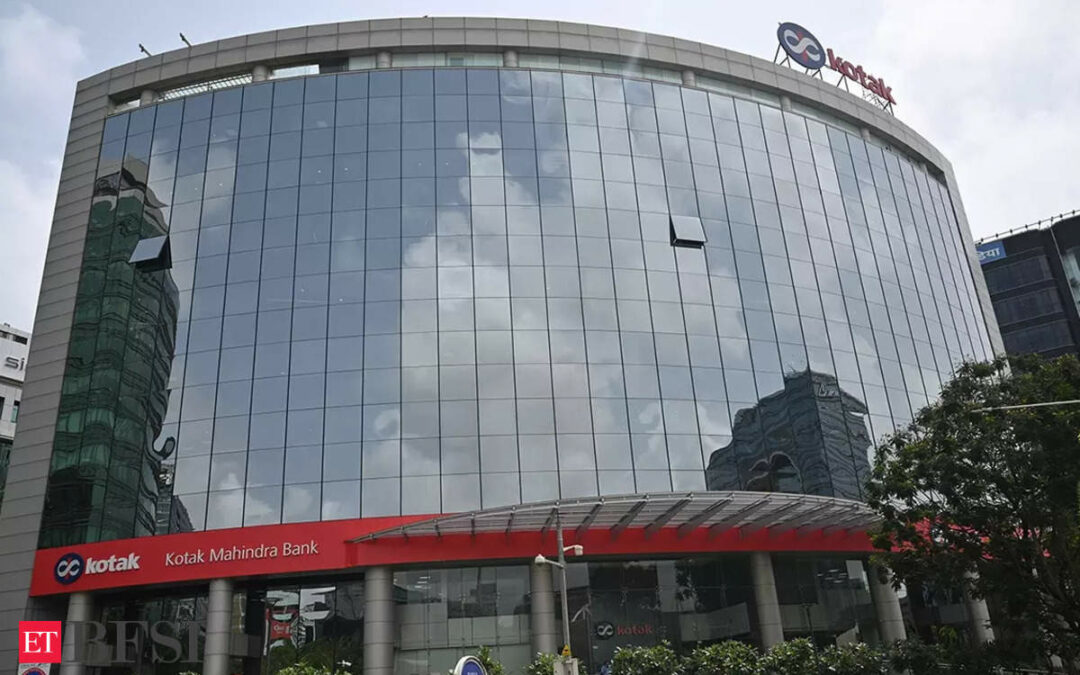The recent Reserve Bank of India (RBI) order barring Kotak Mahindra Bank from onboarding new customers through online and mobile channels and issuing new credit cards has sparked concerns about the bank’s image and its impact on customer trust. These restrictions, stemming from significant deficiencies in the bank’s IT systems, raise questions about data privacy, security, and the overall reliability of the banking institution. In this explainer, we look at the implications of the RBI’s actions on Kotak Mahindra Bank and its customers.
Will Kotak Bank’s existing customers face any issue?
Kotak Mahindra Bank’s existing customers will not face immediate disruptions in their banking services following the RBI’s recent directive. Despite the RBI’s order to cease onboarding new customers through online and mobile banking channels and to halt the issuance of fresh credit cards, existing customers can continue using their credit cards and conducting various transactions online and offline without hindrance. This means that their day-to-day banking activities will remain largely unaffected.
What prompted the RBI to impose restrictions on Kotak Mahindra Bank, and what deficiencies were found in the bank’s IT systems?
The RBI’s actions against Kotak Mahindra Bank were prompted by significant concerns arising from its examinations of the bank’s IT infrastructure in 2022 and 2023. During these examinations, the RBI identified serious deficiencies and non-compliances in various aspects of the bank’s IT systems. These deficiencies included issues with IT inventory management, patch and change management, user access management, vendor risk management, data security, and disaster recovery procedures. Despite the issuance of corrective action plans, the bank failed to adequately address these deficiencies in subsequent audits.How will the RBI’s restrictions impact Kotak Mahindra Bank’s operations, and when might these restrictions be lifted?
The RBI’s restrictions are likely to have significant operational impacts on Kotak Mahindra Bank. The bank’s ability to acquire new customers, particularly through online channels, will be hindered, potentially affecting its growth in the short term. Additionally, the prohibition on issuing new credit cards may impact the bank’s co-branding agreements. These restrictions will remain in place until Kotak Mahindra Bank completes an external audit, approved by the RBI, and rectifies all identified deficiencies to the satisfaction of the central bank.
How could the lack of data privacy safeguards affect customers’ trust in Kotak Mahindra Bank?
The absence of data privacy safeguards could lead customers to question the bank’s ability to safeguard their sensitive financial and personal data. Customers expect banks to act as custodians of their data and ensure its security. Any compromise in this regard could severely undermine trust and confidence in the bank.
What measures could address concerns about data privacy and security?
Implementing the Digital Data Protection Regime in India, enacted in 2023, could address such concerns. This would compel banks to undertake periodic audits and reviews of their technology, IT infrastructure, and safety measures, ensuring the protection of customer data.
How might customers be affected by the restrictions on digital banking infrastructure?
Customers heavily reliant on digital banking channels may face inconvenience. Additionally, a loss of trust in the bank’s digital banking infrastructure could prompt customers to revert to traditional banking methods or alternative options, potentially leading to longer wait times and slower transaction processing.
How does the RBI’s vigilant action benefit customers?
The RBI’s firm action ensures that banks operate correctly, safeguarding customers’ interests. In a rapidly digitizing banking system, IT infrastructure plays a crucial role in safeguarding customer interests, making the RBI’s vigilance essential for maintaining trust and confidence in India’s banking systems.









